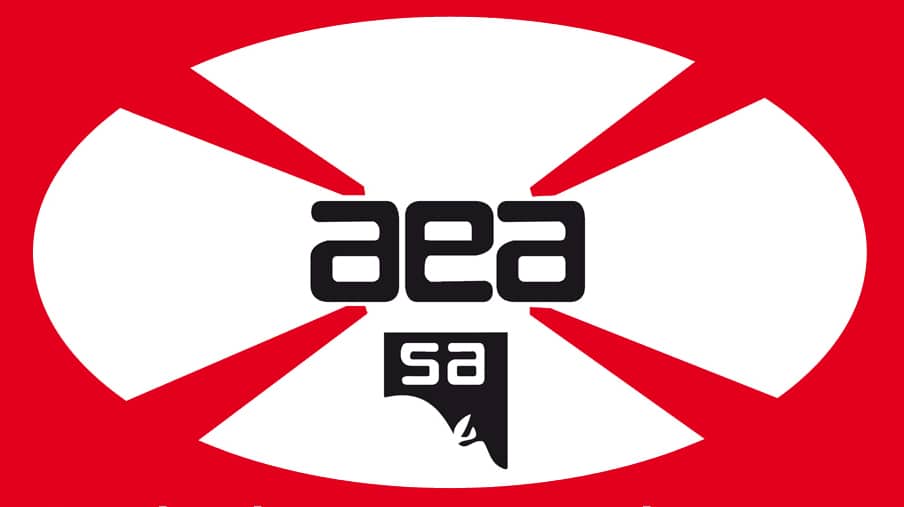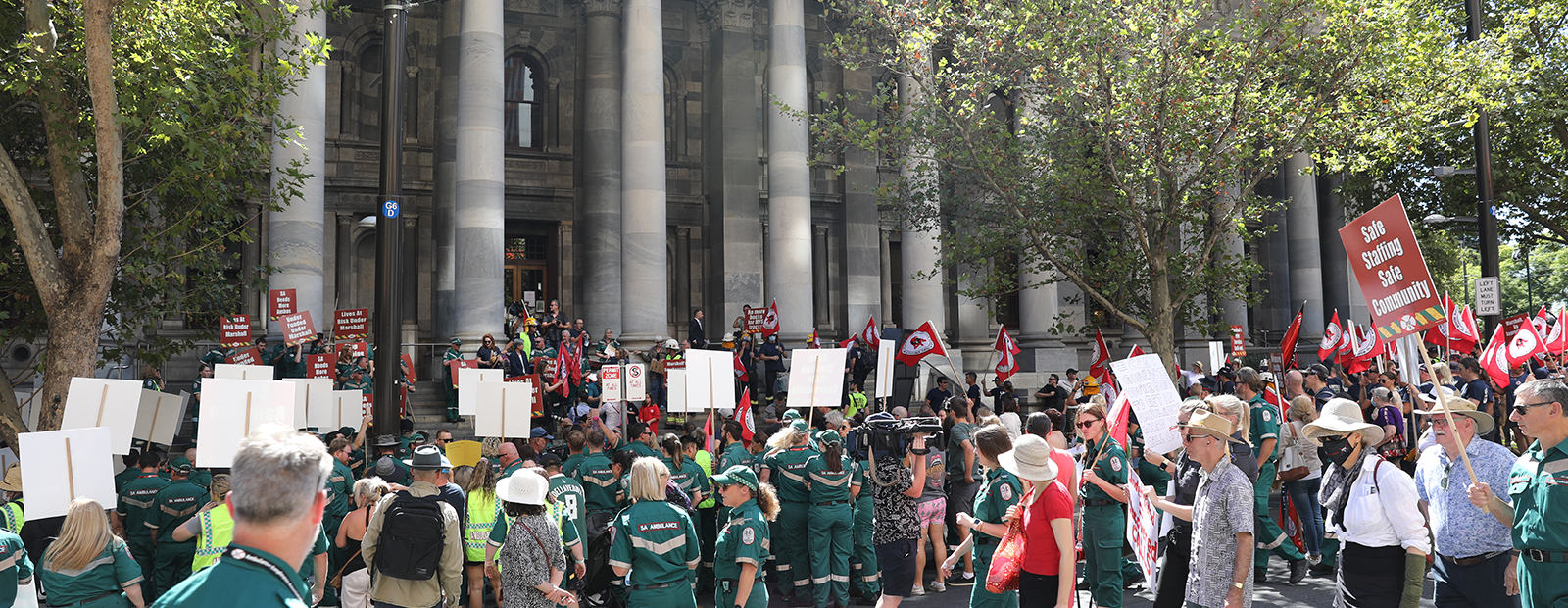Today the State Government have announced funding for three new Ambulance Stations in Whyalla, Two Wells and Marion, 16 additional specialist Paramedics to expand SA Ambulance’s Clinical Telephone Assessment team and introduce statewide Electronic Patient Care Records.
These funding commitments total $58 million and will support growing communities with additional resources and ensure that Paramedics are equipped with modern tools to treat and manage patients in the community.
Whyalla and Marion have outdated ambulance stations, built 60 years ago that cannot support additional ambulance crewing being deployed to these communities. The new stations will be modern, fit-for-purpose and provide the capacity for additional resources both now and into the future.
Two Wells has never had an ambulance station before and with the population growth expanding in Adeliade’s northern suburbs this station will house a 24/7 Paramedic crew supporting these communities with faster and more accessible ambulance services. The current region is an identified black spot for ambulance coverage.
Additional Specialist Clinical Telephone Assessment Paramedics will also be recruited. This will expand specialist Mental Health Paramedics across a 24/7 period and increase the ability of this specialist team to find alternative care pathways for patients and aim to reduce hospital presentations, through better access and referral to community and primary care.
Electronic Patient Care Records will be for the first time introduced to SA Ambulance for frontline Paramedics use. These systems will integrate with SA Health and allow for real time clinical information sharing and the ability to better inform Paramedics of a patient’s medical history. This will further improve clinical governance and allow South Australia to engage in research and development leading to evidence based clinical improvements for patients and increased scope of clinical practice for our Paramedics.
Further there have been announcements that $30 million will build an additional 56 in-patient beds at Lyell McEwin Hospital and The Queen Elizabeth Hospital opening from next year, totalling an additional 606 extra beds across the health system.
Bed capacity remains a key driver for ramping and the AEA welcomes further investment into fast-tracked beds to provide urgent capacity to the system. Ramping last month exceeded over 4,700 hours and has a significant impact on ambulance response times, leaving many patients waiting prolonged periods for an ambulance during an emergency.
This necessitated a statewide Code Yellow activation to better manage patient flow and hospital capacity which has been able to stabilise ambulance response times, however the system should rely on incident management teams to manage winter demand.
The AEA continues to advocate for better coordinated Interhospital Transfers and the expansion of transit ward at all major metropolitan hospitals. This will ensure beds can be made available sooner when patients are ready for discharge and patient transfers avoid hospital ramps.
The AEA and our members welcome these investments into the health system which will have a material impact on patient care, ambulance response times, patient flow and ramping.

